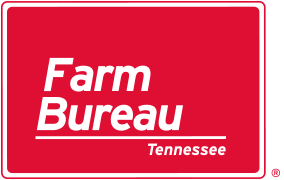Podcast: Play in new window | Download
The smallest cattle herd in decades means record beef prices may be on the way to the grocery store soon. Micheal Clements shares more on what this means for farmers and ranchers.
Clements: USDA’s biannual Cattle Inventory report shows the nation’s cattle herd at 87.2 million head, down roughly two percent from last year and the lowest herd size in 73 years. American Farm Bureau Federation Economist Bernt Nelson says it’s all because of recent droughts.
Nelson: The combination of higher input prices and drought drove farmers and ranchers to market more cattle, and not just more cattle but more female cattle that are responsible for replacing the beef herd. Now, we’re looking at a beef herd of about 28.2 million head. Amongst that we have a calf crop that is 33.6 million. Now this is down two percent, but it’s the smallest calf crop since 1948. That’s in 76 years.
Clements: Despite the low inventory numbers, Nelson says there is still a high level of cattle on feed.
Nelson: So, right now, cattle on feed supplies are strong. That means what we have in the pipeline for beef supplies is strong. And so, that should keep prices for our consumers at the grocery stores kind of stable for the time being. But as that supply begins to dry up, that’s when we are going to see beef supplies start to get tighter and tighter, and this could lead to the record prices that I think are going to occur in 2024 and 2025.
Clements: Nelson says that while some cattle producers will benefit from higher prices, tighter inventory doesn’t mean good news all around.
Nelson: But not all farmers are going to be seeing that. When we look at guys that are trying to expand for example, they’re going to have to pay higher dollars to get their hands on cattle to expand their operation. So, a little bit of a black swan event that can occur with these higher prices.
Clements: Read more on the Market Intel page at fb.org. Micheal Clements, Washington.

